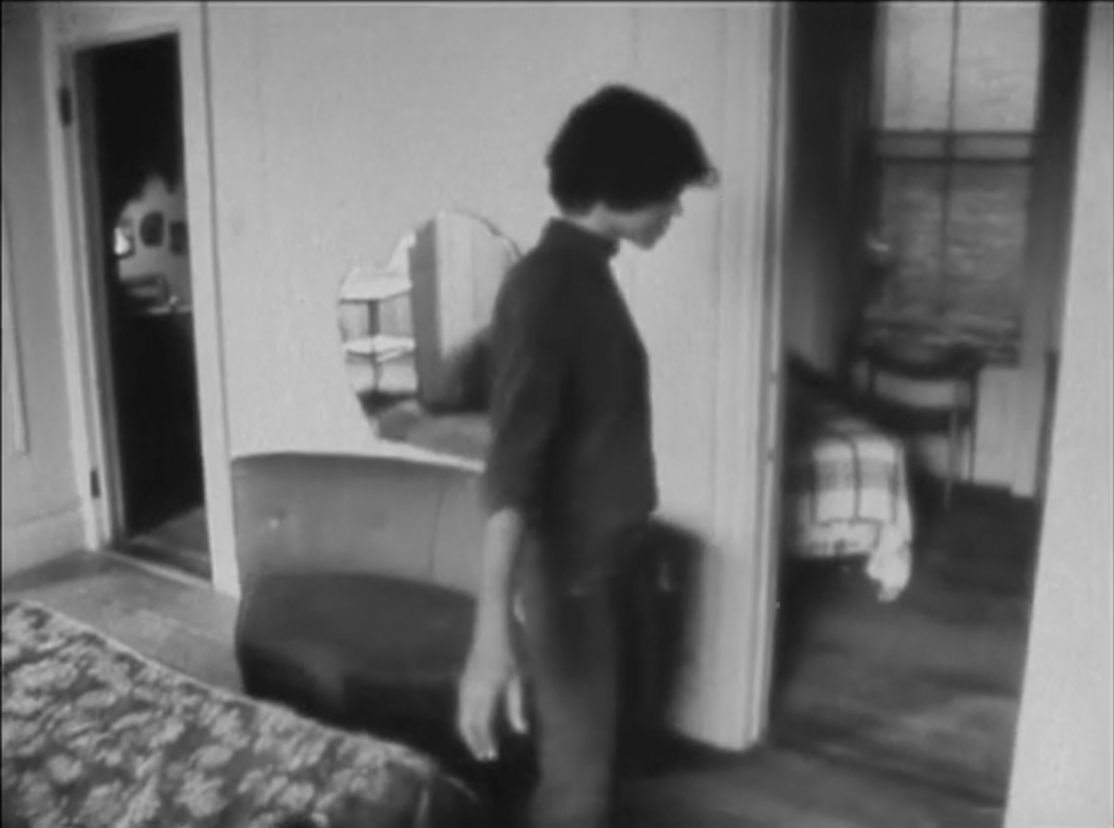
Sat, Sep. 25, 2021 ⁄ 5:30–8:00pm
An Introduction to: Reconstruction – Area – Memory
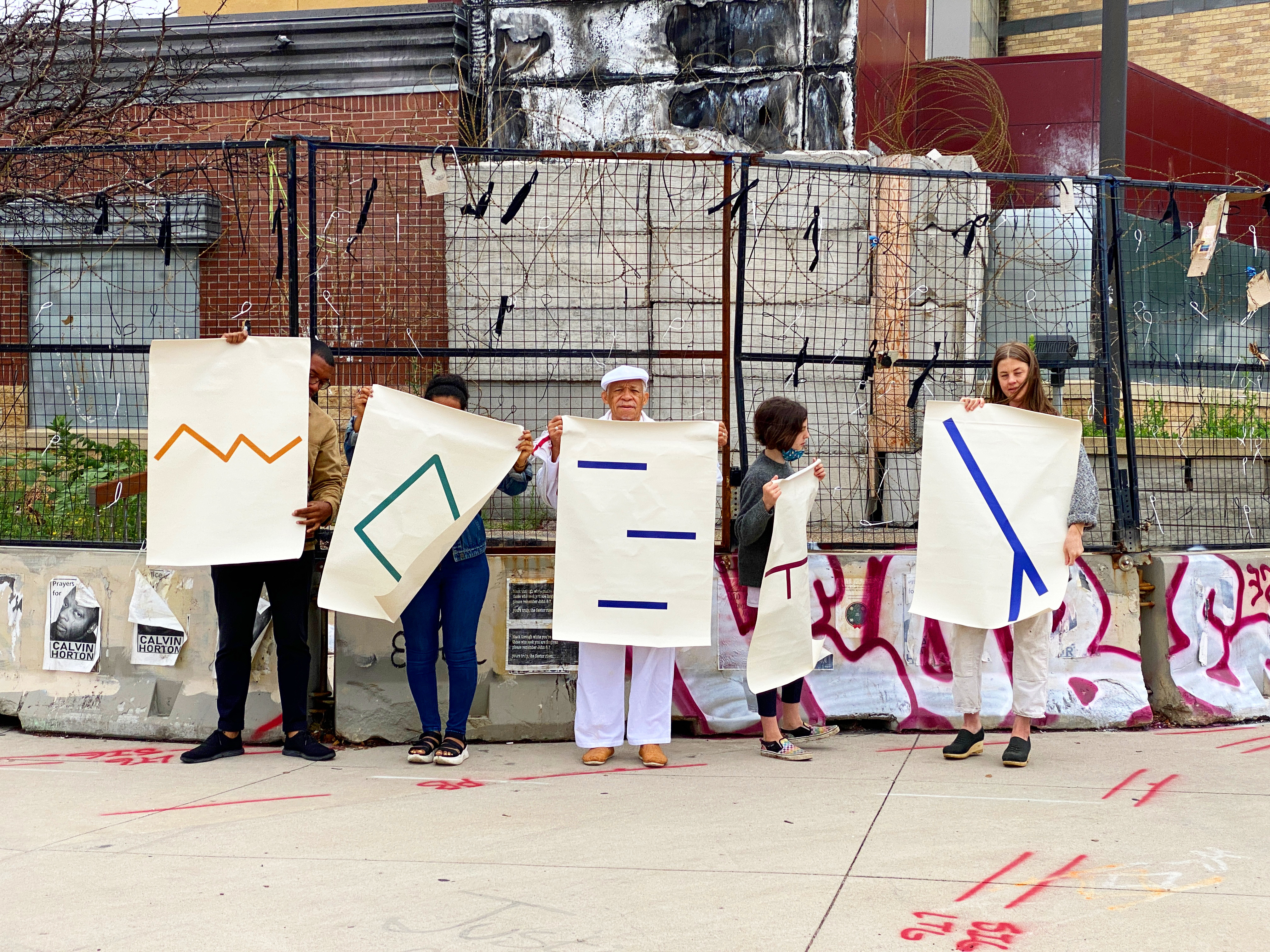
Join us at our cargo-container studio, the AMMU (Autonomous Mobile Media Unit), in the courtyard of 3032 Minnehaha Ave at 5:30pm this Saturday, Sept. 25th for the launch of our newest social tool, R-A-M: Reconstruction-Area – Memory.
R-A-M is a toolkit for recognizing others committed to constructing neighborhoods of care so that people may engage in conversations on street corners or host community forums to rebuild their neighborhoods, in our case, the 9th Ward enclaves of Powderhorn, Central, East Phillips, and Near Bryant. We’re gathering as creative folks, artists, organizers, and local troublemakers to experiment and collaboratively imagine with our neighbors to plan a different future for East Lake Street, one where a multitude of voices and visions lead.
East Lake Street is being rebuilt in ways that will continue to push out our neighbors, local businesses, and the communities we’ve formed here. Political Representatives, Property Developers, and other PIGs (Private Interest Groups) are hoarding the power to decide on what the future of our neighborhoods and city systems will be rather than creating forums and processes for us all to collectively decide through cooperation, care, and creativity. Our formation, Confluence, is an anarchic Community Design Studio for people to come together and redevelop Minneapolis’ 9th Ward from the grassroots. R-A-M, along with the AMMU, and other mechanisms in the works, are simple, open sourced tools for recognition and cooperative creation. They are free and available for all to use as they see fit.
We’re reaching out to invite you to be a co-inventor of tools that amplify our power as the people who give life to East Lake Street and the surrounding neighborhoods so that we might reimagine and rebuild this place we call home.
Please join us at the AMMU (in the courtyard adjacent to the 3rd Precinct at 3032 Minnehaha Ave.) at 5:30pm this Saturday, Sept. 25th. Duaba, Sam, and Vic will give a brief overview of R-A-M, it’s design and use. From there we’ll test out the tool with your help.
Snacks and good cheer on site!
Sat, Aug. 28, 2021 ⁄ 1:30–3:00pm
Naloxone Training and Care Network Introduction
Like much of the country in full, our neighborhood in particular has been deeply affected by the growing opioid crisis. Many of our neighbors, to varying degrees, need an open door to care, some more acutely than others. As our neighborhood asks vital questions of itself in the wake of the 2020 Uprising, and we collectively formulate shared agreements regarding what “safety for all” means moving forward, it is urgently important that we consider health and safety as synonymous.
If you are interested in joining a growing, organic network that’s aim is to provide access to tools for those experiencing an opioid overdose join Confluence Studio and a coalition of addiction and harm reduction groups on Saturday, August 28th for a Naloxone training workshop and info session.
A representative from Steve Rummler Hope Network will be present to provide training in how to recognize the signs of a person at risk of overdosing from opioid in-take and how to administer both Intramuscular (IM) and Nasal Naloxone as a life saving measure. As well, free IM and Narcan kits will be made available for those willing to carry and administer aid if ever the need arrives. Furthermore, we will take this time to discuss plans towards cultivating and maintaining an organic network of care for the Lake St. Corridor, a “design system as entryway” so that training in the administration of NARCAN and its availability is as commonplace as CPR training or a defibrillator kit for those in cardiac arrest.
An amazing day hosting Marc Fischer for the first pop-up exhibit at the AMMU of two recent publications: Police Scanner and Legal Concealers. On view for at least another month…
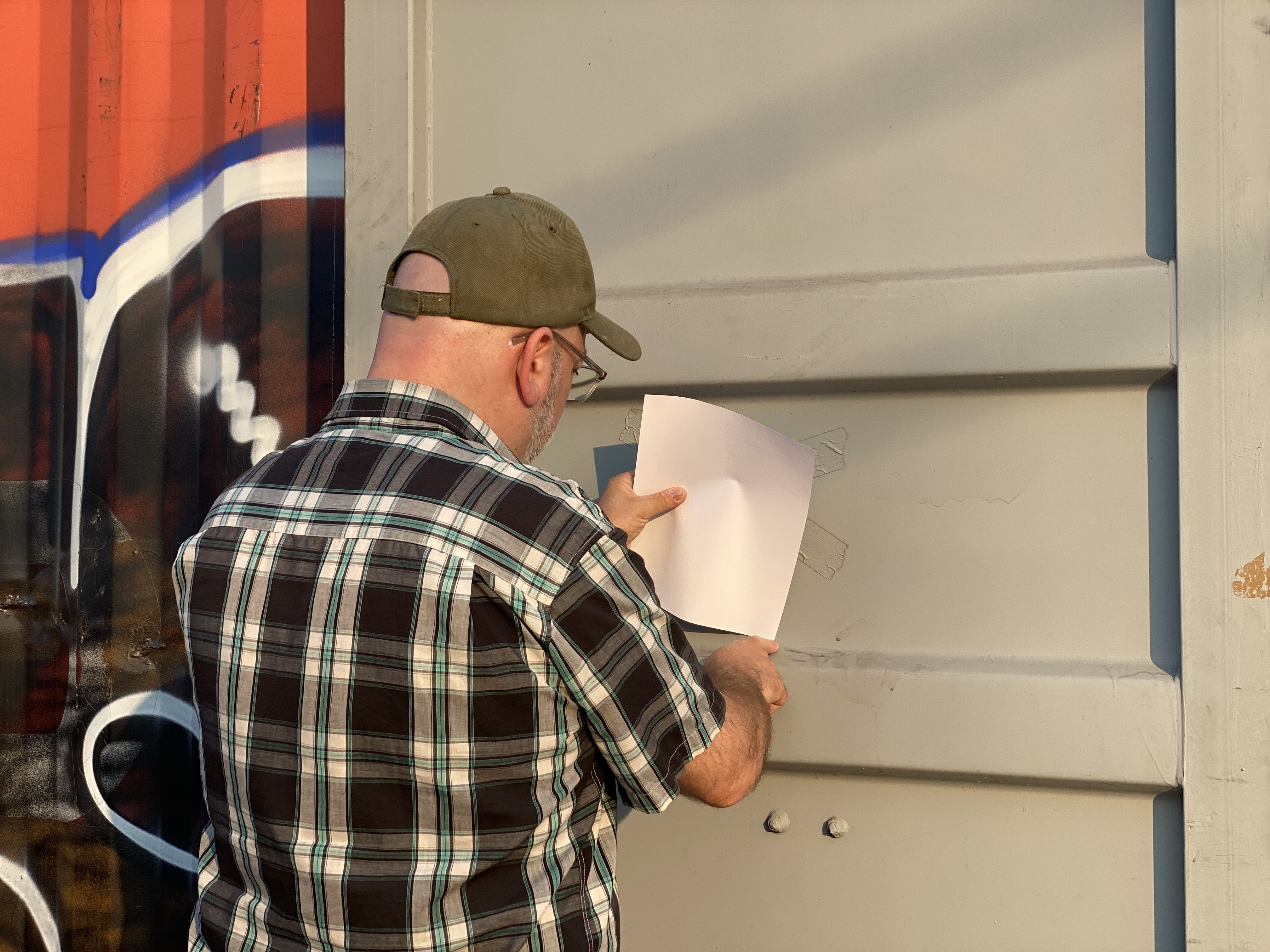
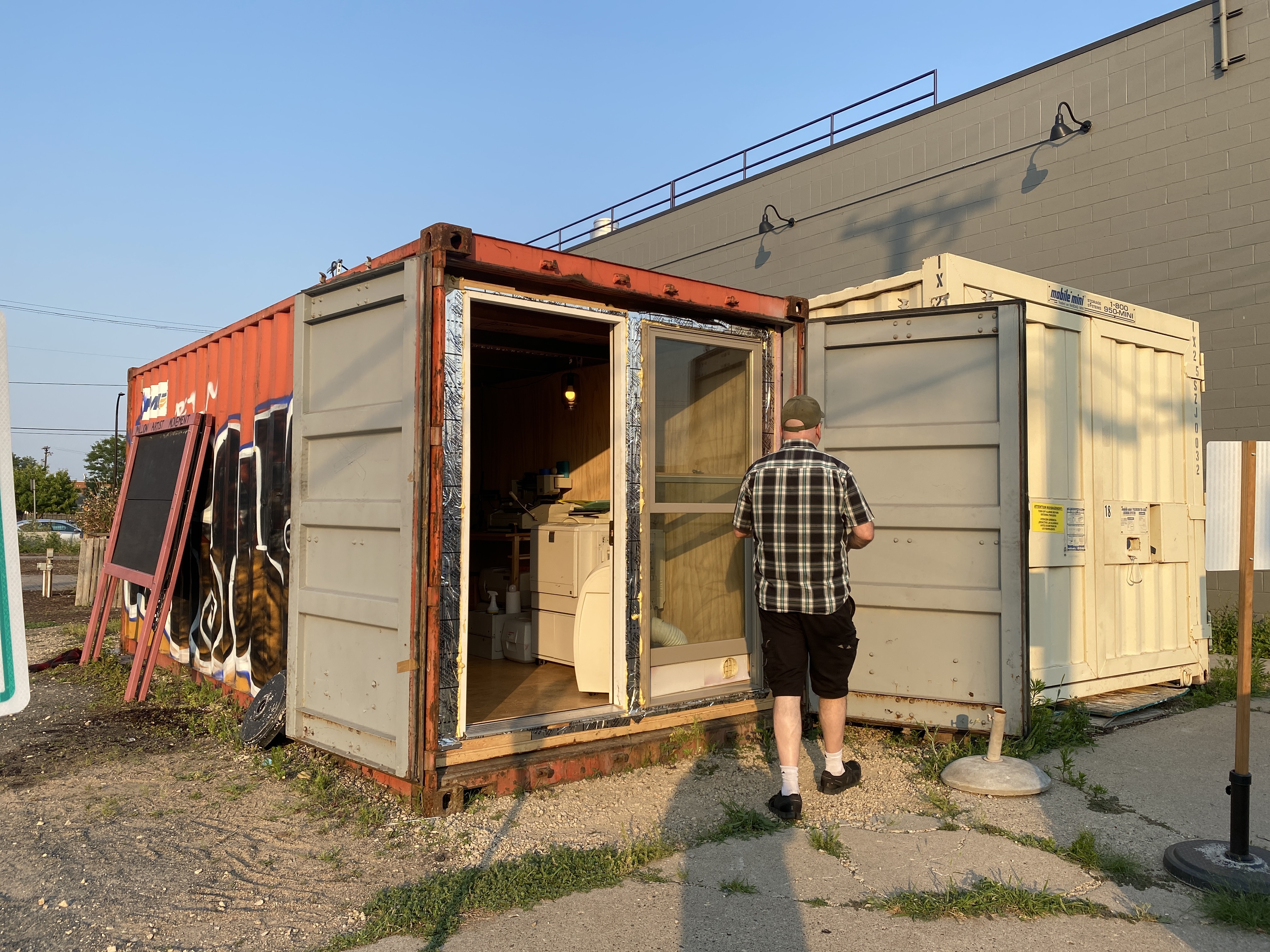
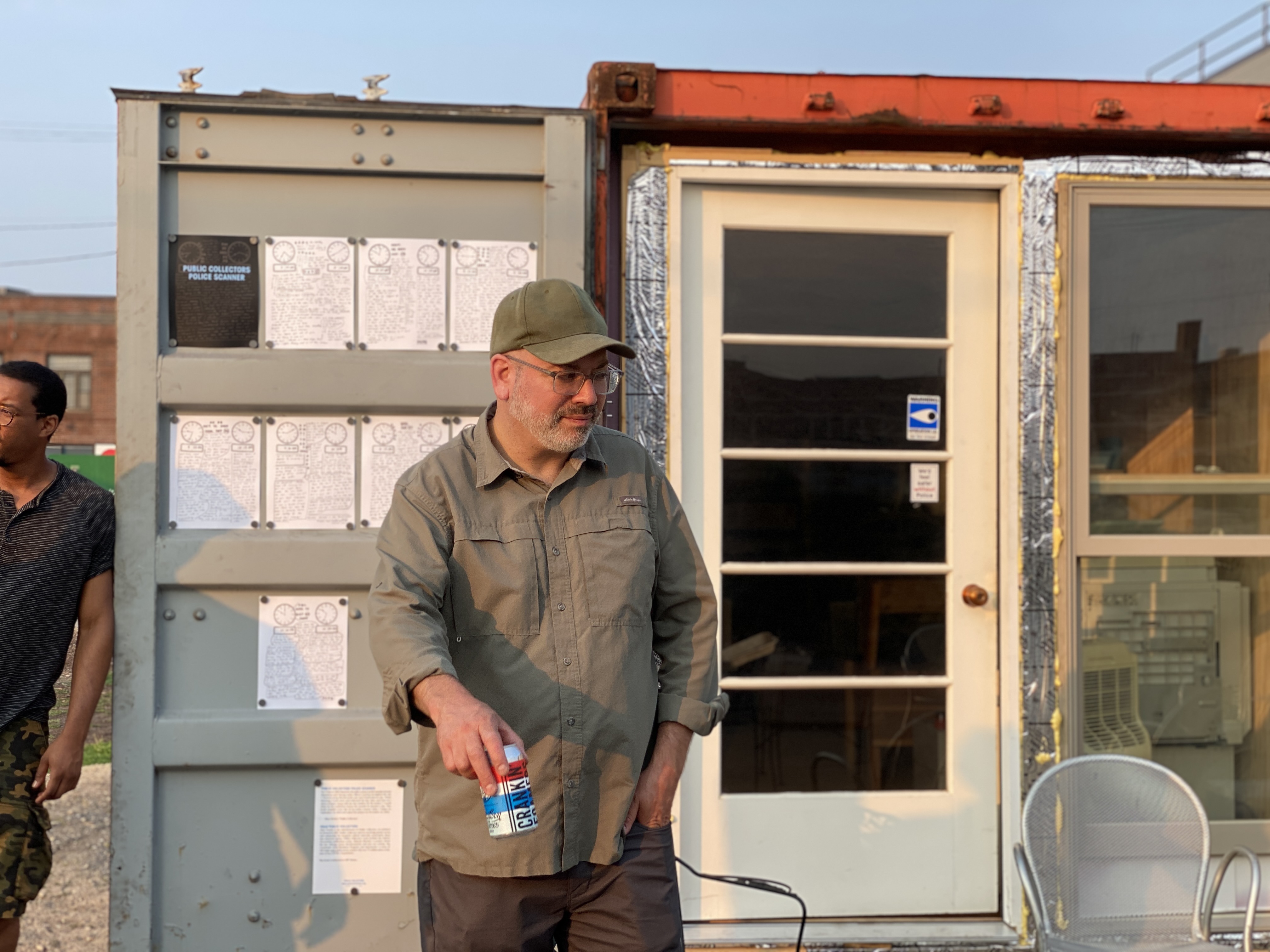
Marc, Laura Baldwin, and Sam talked about the publications and the differences between navigating and observing the court system on a daily basis.
After a short break we jumped into a conversation between Sam and Kenneth Bailey of Boston’s Design Studio for Social Intervention…
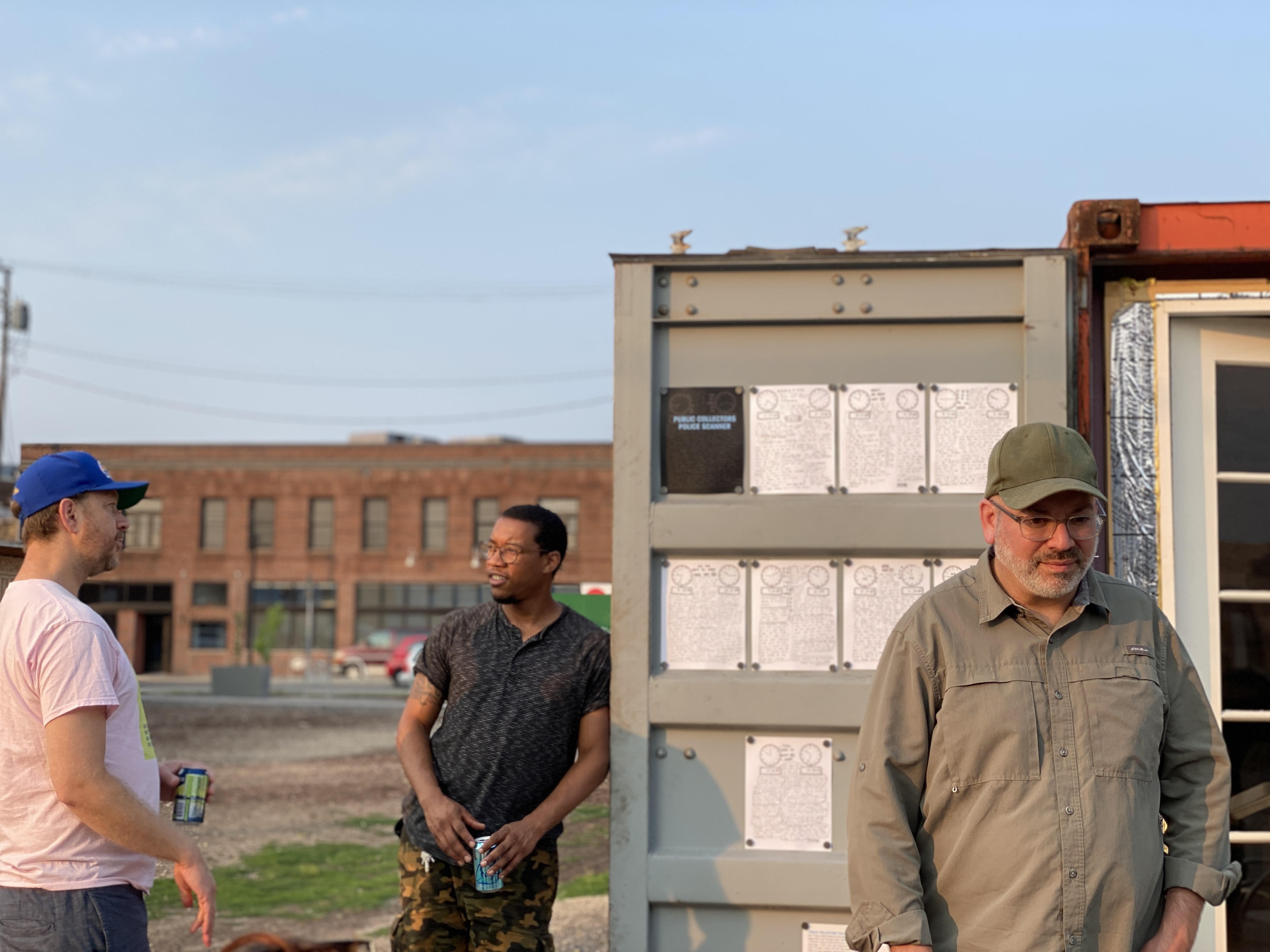
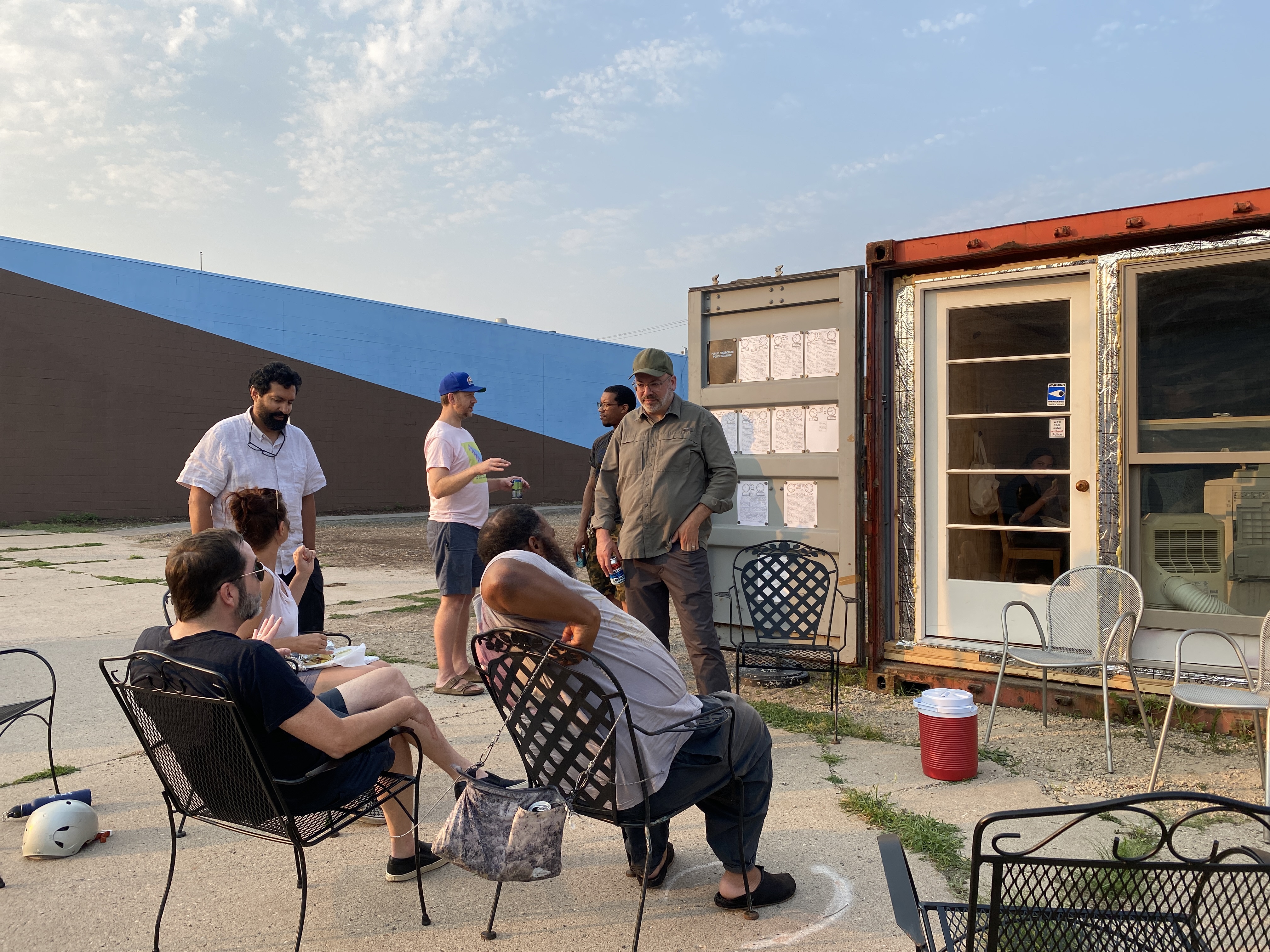
Sam and Kenny’s conversation could have gone on and on, focusing on the poetics of social life and power, access to tools for grassroots transformation and so much more.
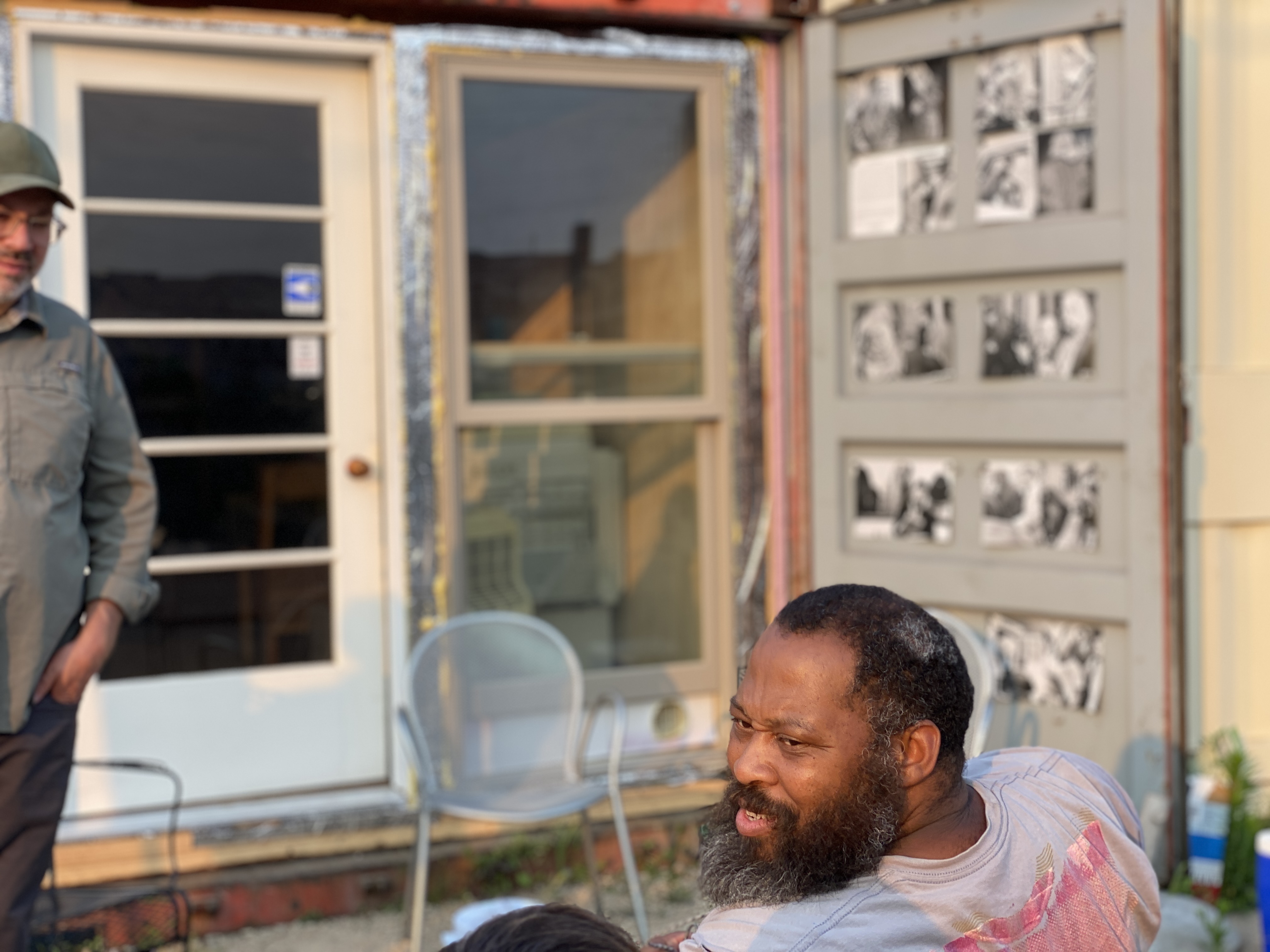
We’re excited to begin to transcribe these conversations and add them to a growing list of dialogues soon to be printed and distributed throughout the neighborhood.

Social Margins: An Assembly in Text
As part of the Mt. Analogue class Fate is Kind we are reading excerpts from the Situationist International Reader.
Tue, Feb. 16, 2021 ⁄ 5:00–6:30pm
Mt. Analogue Discussions #1 w/ Julia Bryan-Wilson
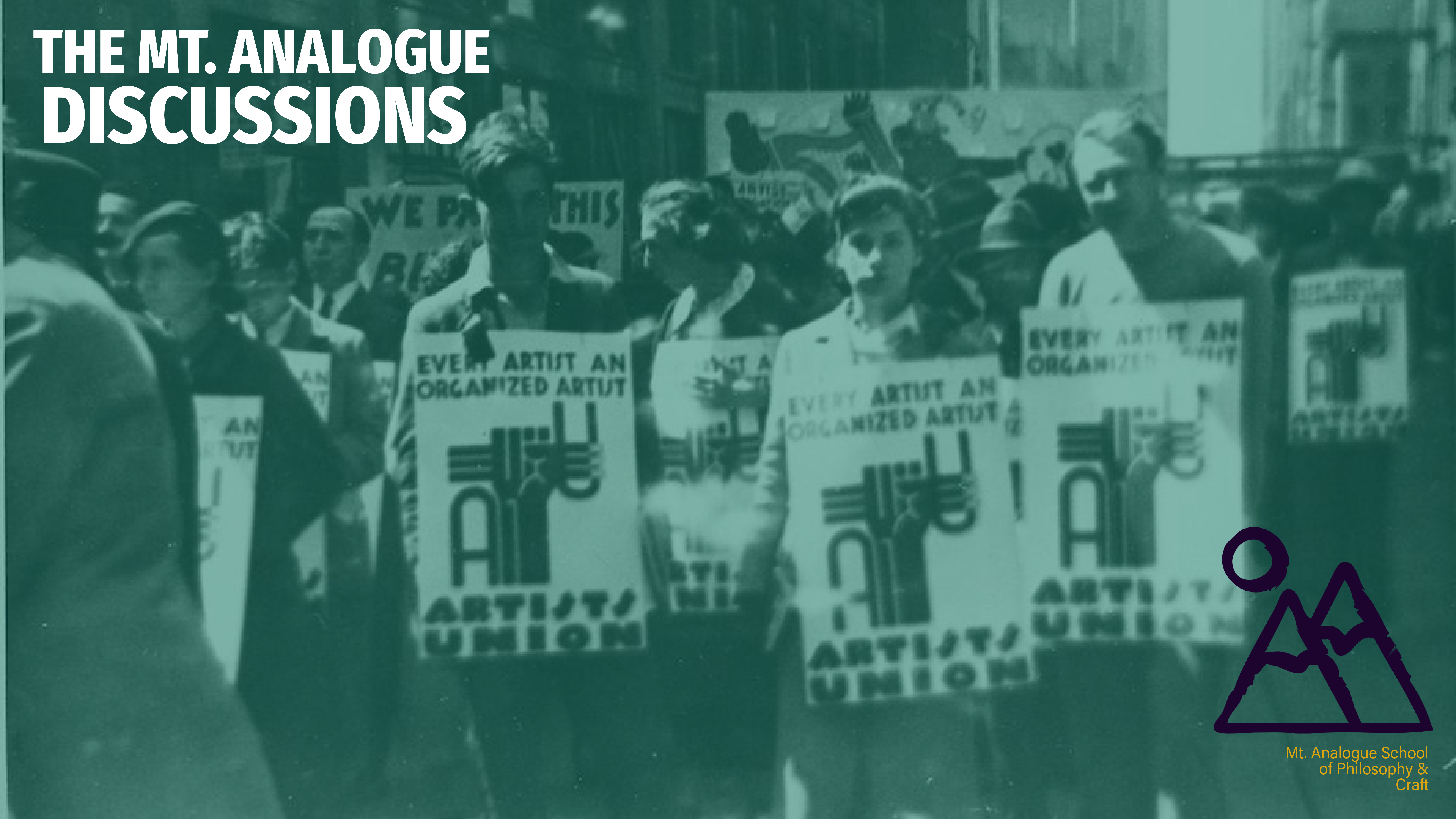
Art, Work, Craft, Resistance: Julia Bryan-Wilson in Discussion
WHEN: Tuesday, February 16 at 5:00 PM (US Central Time)
WHERE: via Zoom https://carleton.zoom.us/j/94805489346?pwd=d0hpdXhlWEpoOGdQSVZ0eXY4a3NPUT09
From her pre-academic days in radical feminist media networks to her focus on art and labor, craft and activism, and now the role of dance as a cultural form of grassroots resistance to repressive structures, Julia Bryan-Wilson has paid unique focus on how matters of everyday existence intertwine with deep rooted needs for cultural production as a social force for change. For this first session in the Mt. Analogue Discussions, Confluence Studio’s on-going series of conversations with artists, academics, activists, and global thinkers, we are proud to collaborate with the Art Dept. of Carleton College to host a discussion with Bryan-Wilson about how she sees her role as an art historian who works across difference and geographies and how she sees her work as a scholar as co-extensive with her work as an activist. Through this personal frame we hope the discussion will provide space to reflect more broadly on both the state of artistic production today as well as the role that the academy could play in furthering the cause of equity and equality.
About Julia Bryan-Wilson
Julia Bryan-Wilson is Doris and Clarence Maro Professor of Modern and Contemporary Art at the University of California at Berkeley, where she also directs the university’s Art Research Center. Her research interests include theories of artistic labor, feminist and queer theory, critical race theory, performance and dance, production/fabrication, craft histories, photography, video, visual culture of the nuclear age, and collaborative practices. She is the author of Art Workers: Radical Practice in the Vietnam War Era (University of California, 2009); Art in the Making: Artists and Their Materials from the Studio to Crowdsourcing (with Glenn Adamson, Thames & Hudson, 2016); and Fray: Art and Textile Politics (University of Chicago, 2017). She is the editor of OCTOBER Files: Robert Morris (MIT Press, 2013), and co-editor of three journal special issues (“Amateurism,” Third Text, 2020; “Visual Activism,” Journal of Visual Culture, 2016; and “Time Zones: Durational Art in its Contexts,” Representations, 2016).
Bryan–Wilson is an adjunct curator at the Museu de Arte de São Paulo, where in 2019 she co-curated the exhibit Women’s Histories: Artists before 1900; in 2020 at MASP she organized Histórias da Dança/Histories of Dance. With Andrea Andersson, she curated Cecilia Vicuña: About to Happen, which opened at the Contemporary Arts Center New Orleans in 2017 and traveled to the Berkeley Art Museum, the Henry Art Gallery, the ICA Philadelphia, and MOCA North Miami. She is currently writing a book about Louise Nevelson.
Sat, Jun. 23, 2018 ⁄ 10:00am–2:00pm
Rebel Kids: An Anti-Authoritarian Workshop for Children!!!
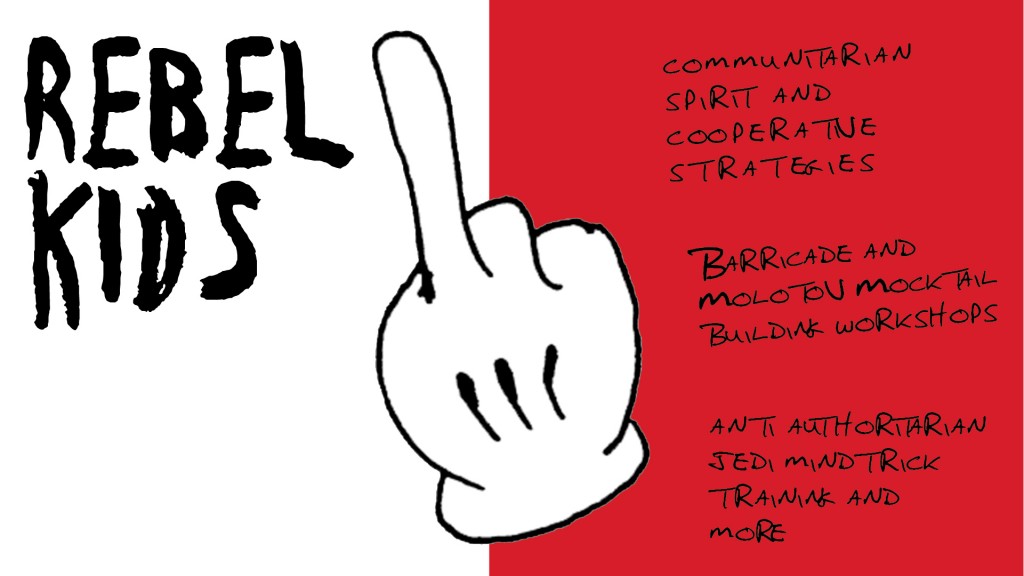
Join Robby Herbst (Llano del Rio Collective, former Journal of Aesthetics and Protest), Sam Gould (Beyond Repair, former Red76, Tools in Common), and their children (Louis, Honora, Esme, and Juniper) for an afternoon of tactical crafts and group conversation about how kids of all ages can work together to bring about a safe, caring, and critical world of the future, free from bullies, dunderheads, jackasses, litter bugs, fire starters, Nazis, and all who would tilt power in favor of the few over the many.
Come and enjoy barricade and shield building work shops, seed “bomb” cultivation, and training in Jedi Mind-Tricks.
Parents are welcome, as well as those who are young at heart.
Thu, Jun. 21, 2018 ⁄ 7:30–9:30pm
A Talk by Robby Herbst: Imagining A Different City/Llano Del Rio Rebel City Los Angeles
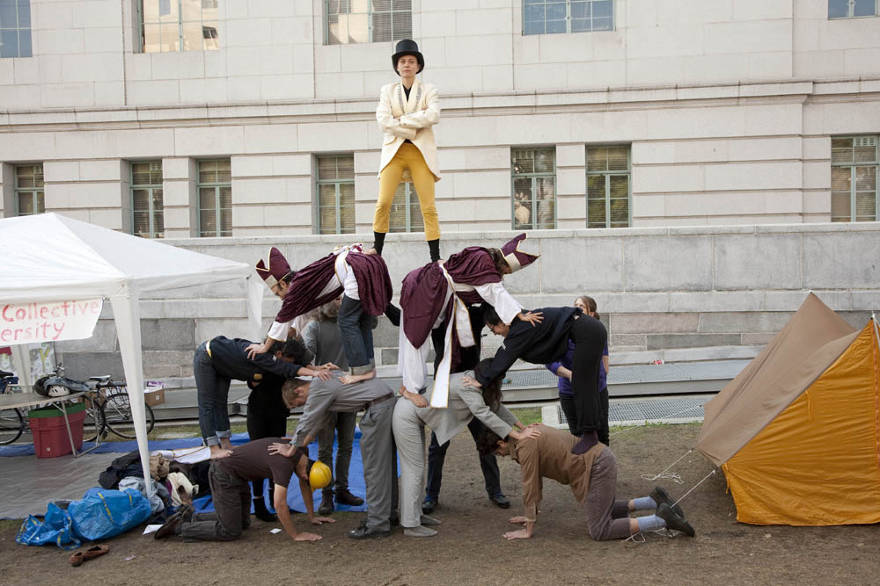
City as Commons Group Presents:
A Talk by Robby Herbst: Imagining A Different City/Llano Del Rio Rebel City Los Angeles
———————–
In this talk spanning sociology, movement theory, and urban practices, Robby Herbst of the Llano Del Rio Collective will introduce the new Rebel City Los Angeles guide; presenting the ideas behind the guide, the evolution of the collective’s work, and share their vision for what the city can be.
The Rebel City Los Angeles guide answers the question, what would Los Angeles look like if vertical power as we know it disappeared?. The illustrated two sided guide helps users visualize the city from below, providing details of a developing infrastructure of people-centered institutions supporting human activities outside corporate dominion; from electricity, housing, education, medicine, and banking. Los Angeles born saint Vaginal Davis said “riding on the subway system and buses,,, are the Southland’s true barometer and soul of the city” and the guide hopes to help you take the temperature. Publication lists over 60 sites, and includes essays by Tracy Jeanne Rosenthal and Robby Herbst. Rebel City Los Angeles is a part of the Llano Del Rio Rebel City Project.
Inspired by the 2015 movie Tangerine, the Spanish Municipalist Movement, and David Harvey’s book Rebel Cities, the illustrated two sided guide helps users imagine the city from below, providing details of an infrastructure of people-centered institutions supporting human activities outside corporate dominion; from electricity, housing, education, medicine, and banking. The publication lists nearly 100 sites and includes essays by Tracy Jeanne Rosenthal and Robby Herbst. It is a part of the wider Rebel City Los Angeles project.
Rebel City Los Angeles guide is the 6th guide to Los Angeles created by the Llano Del Rio Collective. Previous guides include: Power Points, Utopias of So.Cal., An Antagonists Guide to the Assholes of L.A., Scores For the City, and A Map For Another L.A.
——————
Links:
Llano Del Rio Collective https://ldrg.wordpress.com
Robby Herbst http://cargocollective.com/robbyherbst
Thu, May. 17, 2018 ⁄ 6:00–7:30pm
Laura Corcuera // The State of the Media in the Post 15M Spain
Join the City as Commons group, in collaboration with Palmar Alvarez-Blanco, as we host a presentation by writer, performer, and co-founder and member of the newspaper DIAGONAL, Laura Corcuera González de Garay.
Laura will speak about the media, performance, feminist activism and municipalist politics in post 15M Spain.
Located at Beyond Repair / Assembly
2854 Columbus Ave.
————————–
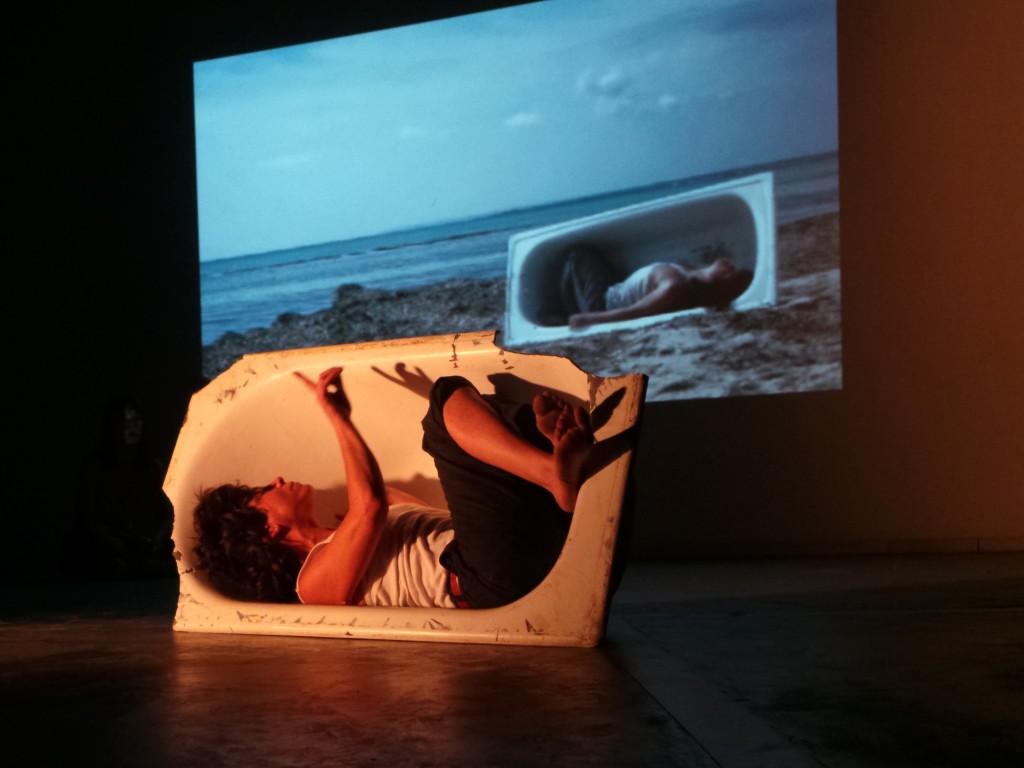
Laura Corcuera González de Garay is a founder and member of the newspaper DIAGONAL, where she writes about science, sexual and gender diversity, LGBTQIA movements and performing arts, an area that she coordinates for the supplement Culturas. She has collaborated with the theater magazines Primer Acto and Artez. Since 2014 she has collaborated with the international magazine Punto y Coma.
She combines her work and communicative militancy with feminist activism and performance. She’s no taller than 5’2’’, but she has studied with great teachers like Jango Edwars, Phillipe Gaulier, Eric de Bont, Esther Ferrer, Antonia Baehr and el Odin Teatret, among others. Her last performative experience was realized in conjunction with the US collective La Pocha Nostra (Atenas, June 2015).
“I combine writing, journalism, performance, theater, and public dissemination of the sciences. I am a feminist activist of the interstellar precariousness, before being a salaried employee of highly respected State institutions. I demonstrate a spirit and vocation for public service; I am a creator of the imaginary institution of society, I can be a transformer for material and immaterial realities, I have a strong commitment to ethical practices, justice, beauty, and wealth distribution. I love the Mediterranean arc, southern Europe.”
Laura Corcuera González de Garay, has a degree in Journalism from the Universidad Complutense de Madrid and a master’s degree in Semiotics of mass communication, with the thesis “The scene as a tool of sociopolitical dynamization.” She was the Press Officer at the National Museum of Natural Sciences (Museo Nacional de Ciencias Naturales, (MNCN/CSIC) between 2005 and 2007, founded the Periódico del MNCN and the science news agency SINC (FECYT), where she worked as coordinator and chief editor from September 2007 to December 22, 2010.
Tonight’s the night, folks! Join the City as Commons group and Beyond Repair for the opening of What Can a City Be? A Municipalist Gathering. We will begin two days of conversations and workshops tonight at the Carlson School at UMN (info below) with a panel discussion considering “from below organizing” from international, national, and indigenous perspectives with our guests Carol Maziviero (São Paulo, Brazil), Daniele Tognozzi (Berlin, Germany), & William “Naawacekgize” Quackenbush (Ho-Chunk Nation / Wisconsin).
The conversations that we, as the City as Commons group, have been hosting over the last year have been invigorating. Opening up multiple avenues of thought regarding how we come together, building power across difference, and what it means to be “neighborly” in our present, deeply contentious moment. I’m extremely excited to bring more people into this conversation to see where it grows.
I hope to see you this evening, and if you can’t make it, please take a look at the schedule in full to see what other events you might attend.
(https://www.facebook.com/events/2050318378519995/)
_______________________________________
THURSDAY, MARCH 22
Panel Description
7-9pm
@ Carlson School 1-123
University of Minnesota (West Bank)
“Cities as Commons? Exploring Municipalist Movements in International and Rural Contexts”
Talks and panel discussion with Carol, Daniele, and Bill that will invite comparisons between international and rural perspectives on municipalism, including topics such as direct democracy, social power and reproduction, organizing bottom up movements, rural-urban divides, and the rise of democratic alternatives to the centralized state.
Carol Maziviero (São Paulo, Brazil) – Researcher on insurgent urbanism, and urbanism in the digital age from the Architecture School of the São Judas Tadeu University in São Paulo,
Daniele Tognozzi (Berlin, Germany) – Artist, activist and urban studies researcher from Spatial Strategies at KHB Weißensee (http://raumstrategien.com/) and Tesserae Urban Social Research (http://www.tesserae.eu/).
William “Naawacekgize” Quackenbush (Ho-Chunk Nation / Wisconsin) – Indigenous activist and scholar, Tribal Historic Preservation Officer for the Ho-Chunk Nation (http://ho-chunk.com).
Transformation!!!
Wow… it’s transformation day. Louis, Casey, Derek, Jonathan, Chris, Bruce, and Morgan all came over to help move the print equipment from the market to Assembly, the new gathering space down the road. The Beyond Repair market site is looking very much in disarray now, in-between phases, as we switch out to focusing on the radio station and printed matter distribution.
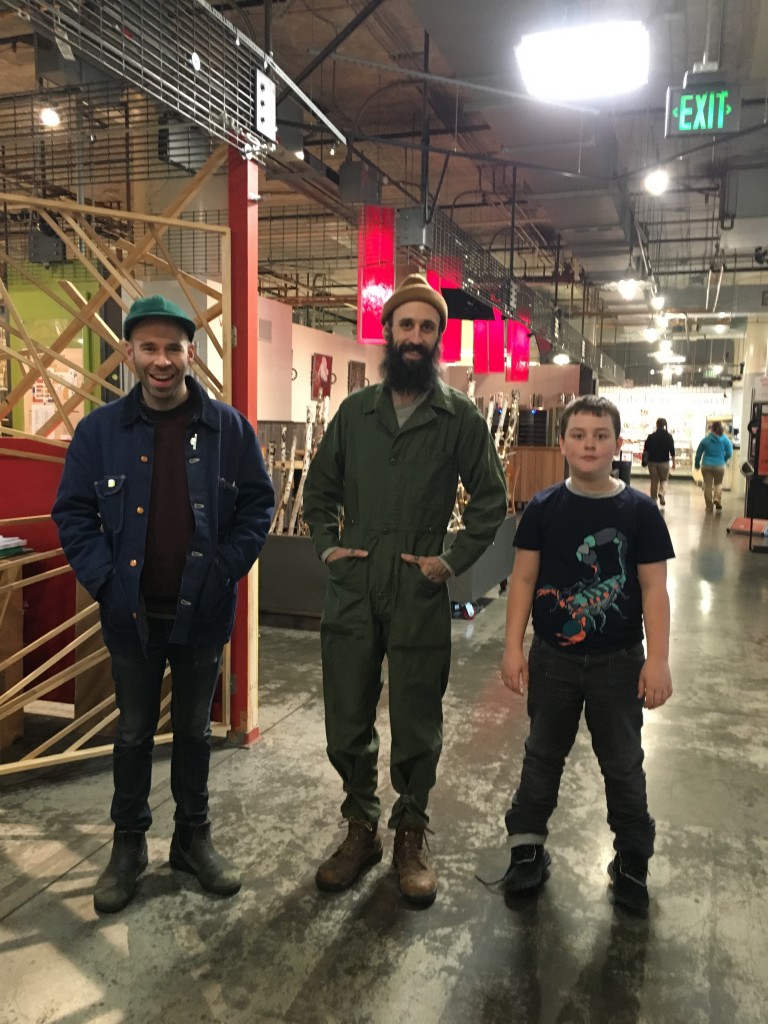
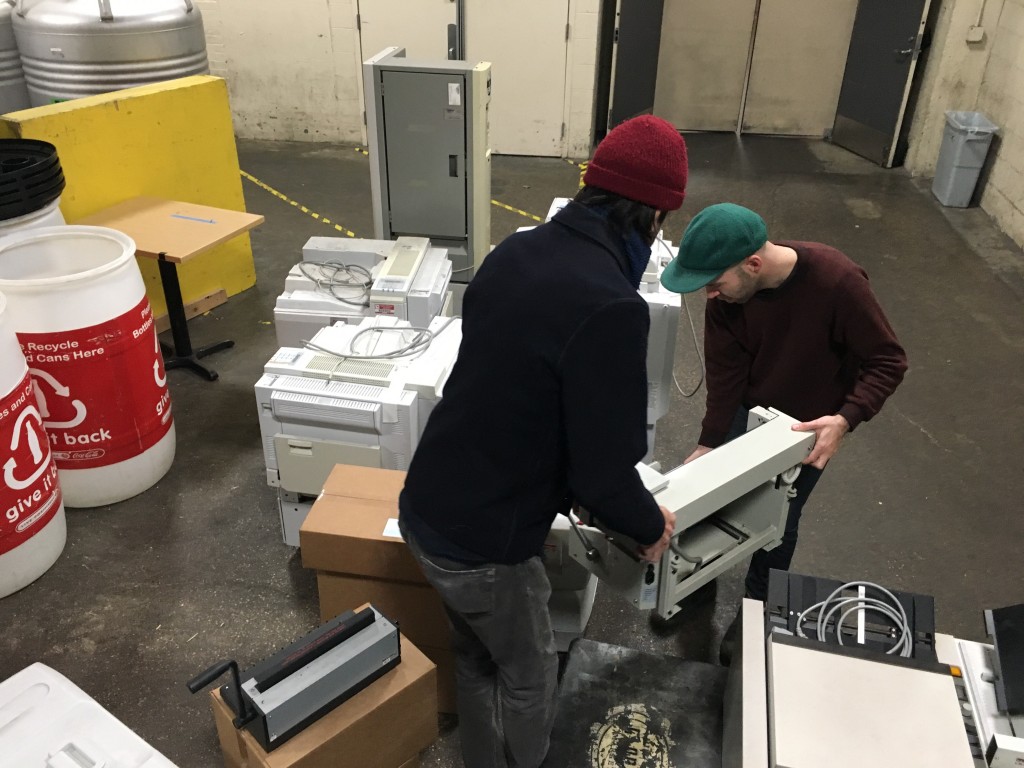
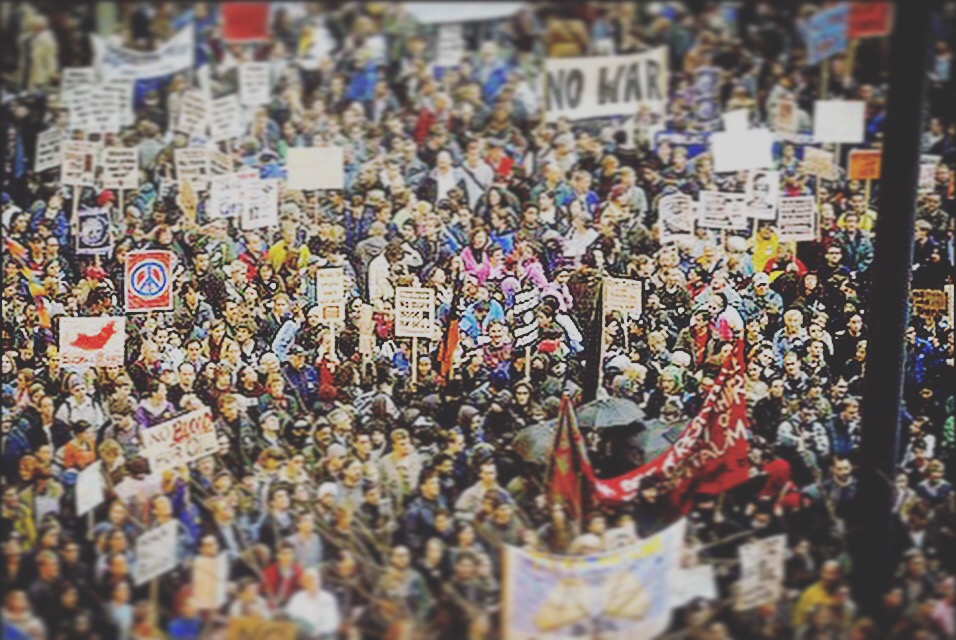
Folks, what are you doing tomorrow night at 7pm? Join us for our last Assembly Reading Group meeting, as well as the beginning of something new. PM for details.
Sat, Oct. 21, 2017 ⁄ 8:00pm
With Radical Love & Fierce Resistance Radio

In concept and habit Beyond Repair was established to respond to the relationships that form through its being present. That means that things should change when things are changing. And so we have exciting news to share and hope that you’ll join us to see it into being.
Drop by on Saturday and Sunday evening, Oct. 21st & 22nd as we begin to transform the space in the Midtown Global Market so that we can house With Radical Love & Fierce Resistance Radio, our new neighborhood micro-broadcasting platform. Basically it’s a barn raising… for a radio station.
We have some ideas of how we’d like to build the space out, but we’d love your input as we transform the shop, creating a DJ booth, lounge, and new entrance.
What’s more, we want to tell you about what the future holds and how you can take part. Become a DJ at the station, tell us about your ideas for new, free printed projects to circulate around the neighborhood, and hear about the new parallel space we’ll soon inhabit, just down the Greenway from the MGM, which we’re calling Assembly (more on that soon).
Bring some tools if you got’em and ideas on how you want to get involved.
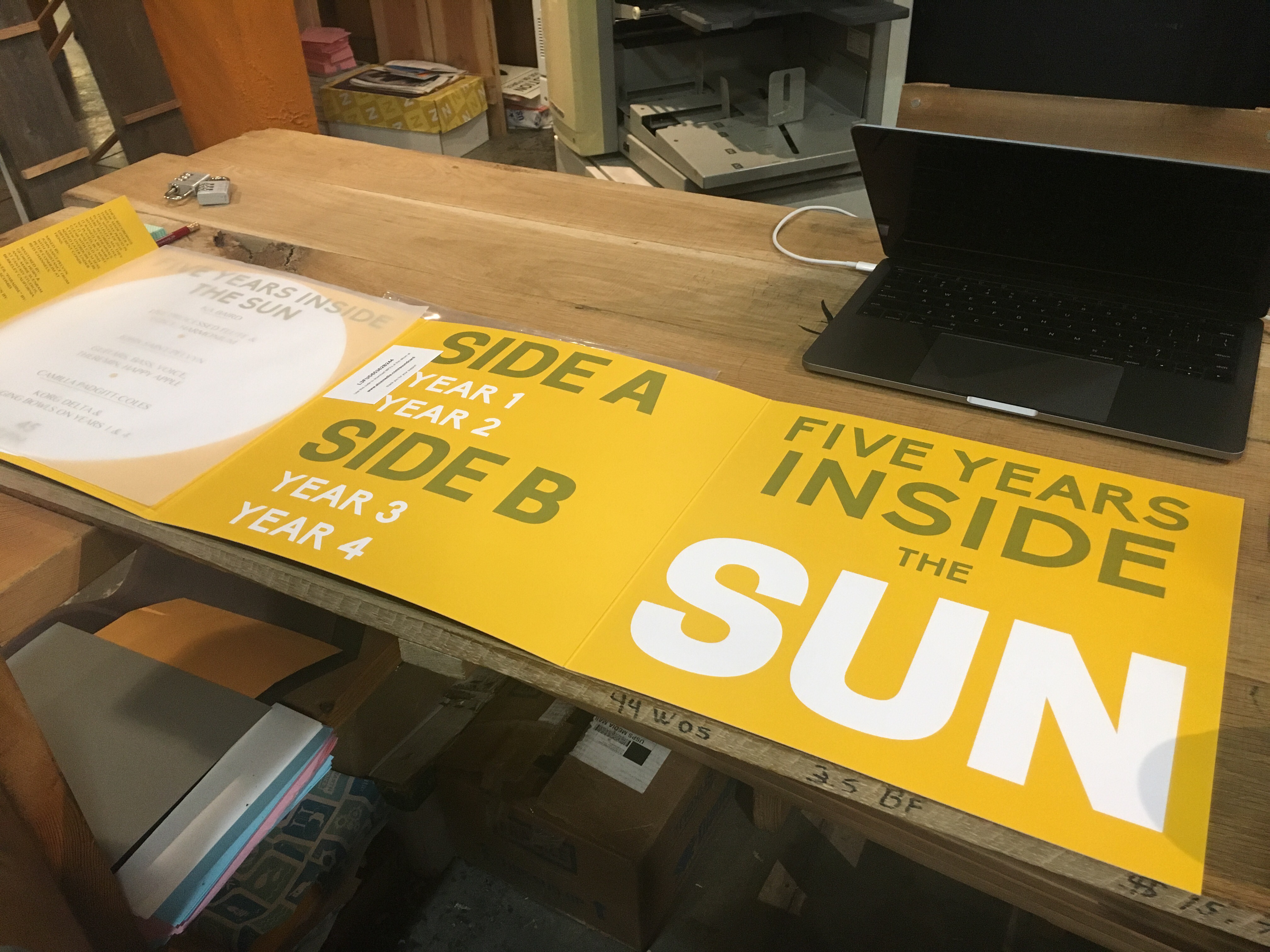
We couldn’t be more excited about this!
“Whoa… where the hell has everyone been?” you may be asking. That’s a good question. I took a much needed family vacation in early August and was away for a few weeks. Prior to leaving I was going through some health trouble, and was expecting a visit for a second opinion on a diagnosis when I returned home to MPLS. Well, that second opinion turned into my needing immediate surgery for cancer, testicular, to be precise. It’s been a whirlwind, and I’ve had my up’s and down’s. Mainly fatigue. All said, I was definitely away from the shop for quite some time. But here I am, sitting in Beyond Repair and writing into the void… hello.
I’m incredibly grateful for all the folks who volunteered to mind the shop while I was convalescing. It really took a load off my mind. The well wishes and unprovoked help from so many made my heart swell.
I’m excited to be back, and looking forward to some transformation at the shop that have been a long time coming, but delayed for the aforementioned reasons. Expect exciting changes and announcements on the horizon. But, for now, hello again. I’m happy to be back (if not, still, pretty fucking tired and a little achy). Onward into the unknown!
– Sam
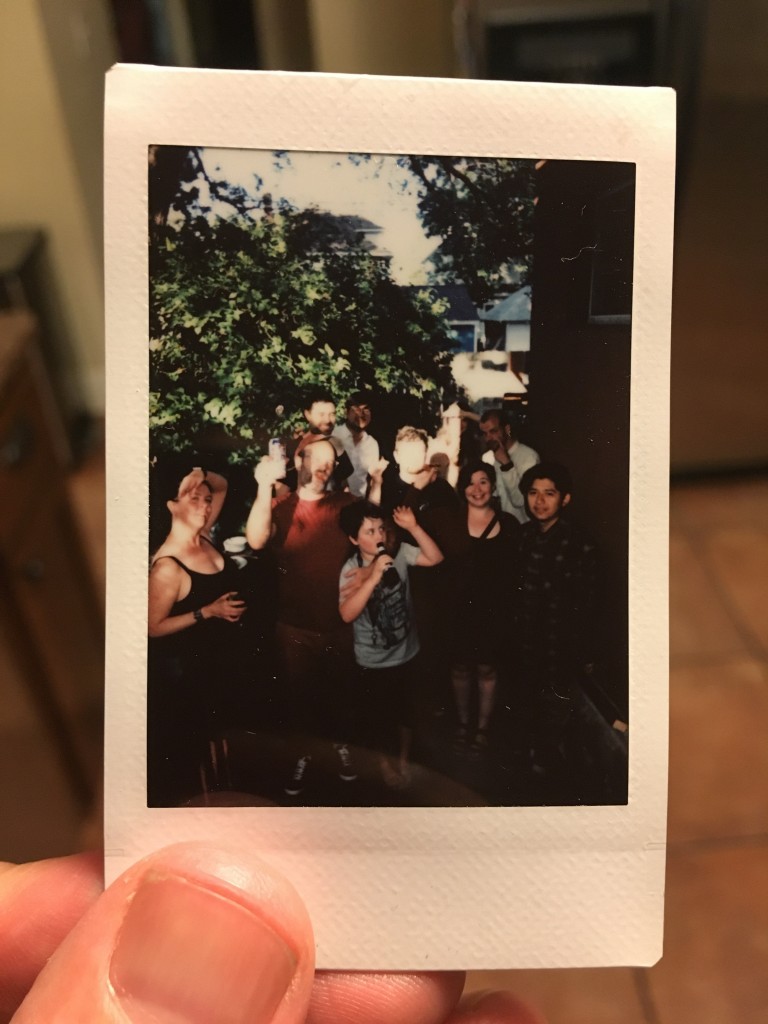
All municipalist meetings should be followed by a barbecue. Or, preceeded by, or take place during.
Another thoughtful and inspiring gathering around municipalist strategies yesterday as we read over the draft of the Barcelona en Comu International Committees statement for starting municipalist platforms in America. Much to unpack; from ideas around pluralism, difference, power, and notions of commonness, there’s obviously a lot of cultural and political translation to be done between a European and American municipalist model. And yet, so much to grab on to, desire, feel energized and inspired by. An aspect that stuck out for me which bridged this cultural divide was the necessity to begin and aggressively maintain a desire to build critical connections around ideas between people and existing publics, maintaining a close but healthy distance from the electorate. This isn’t to say that an “authentic” municipalist platform will avoid electoral politics, more so that it will access the electorate as a means and not an end. Much more to unpack, many more connections to form and sustain, and more barbecues to have after our get-togethers as well, because you know, those are where those critical connections take root.
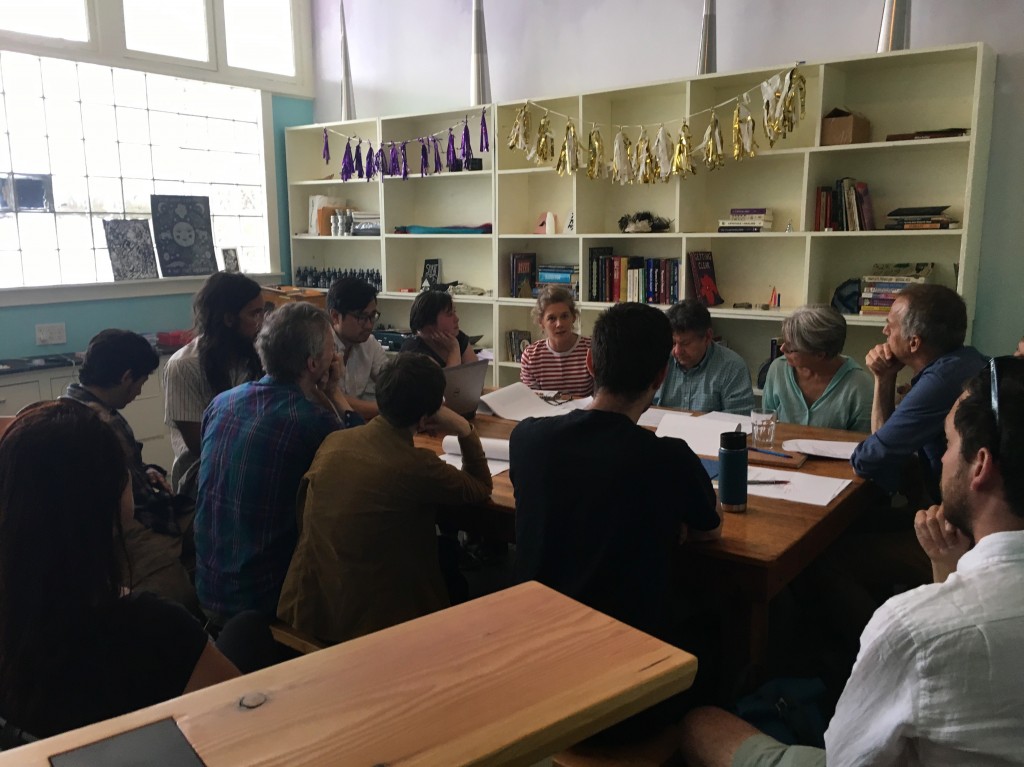
Coming Soon… La Zad / The Zone to Defend
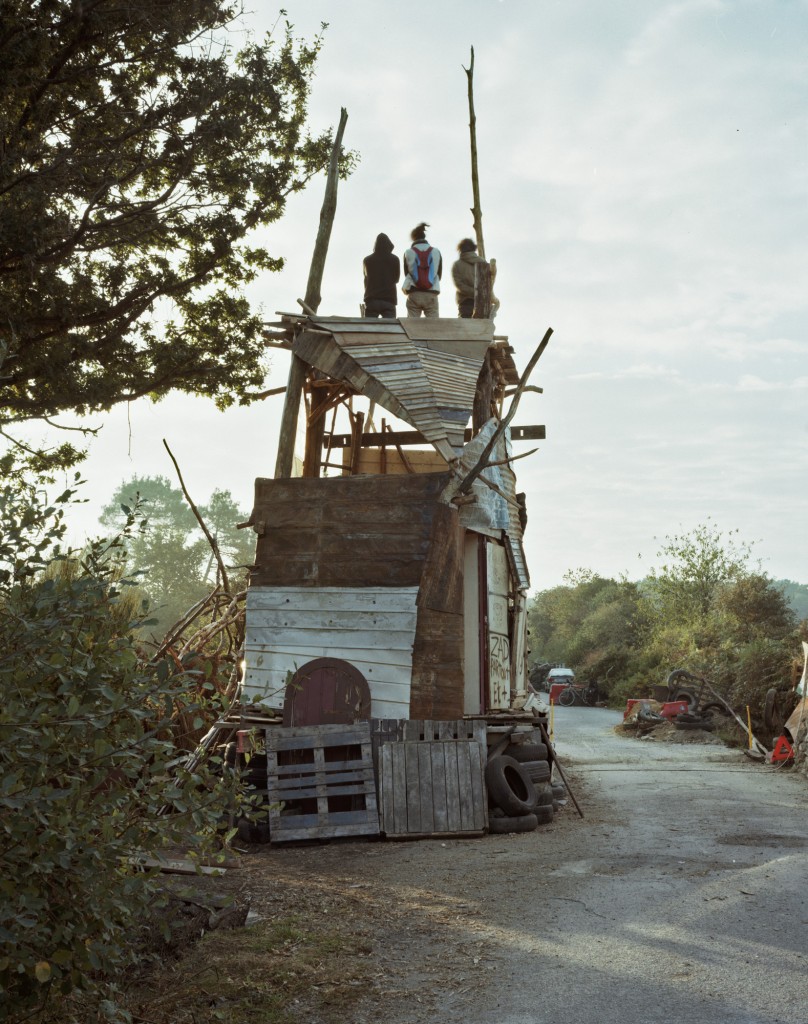
The Zone to Defend is written by a collective residing on the zad, 4000 acres of liberated territory in North Western France, occupied against an airport and its world. The small book pulls you in through its dream-like narrative describing the almost unbelievable transformation of proposed infrastructure site into laboratory of commoning. The zad is a tangible act of hope against the wrecking of our worlds by the megamachines of profit and growth. With its 60 living collectives experimenting with a diversity of forms of life, and with popular support across the country, this occupied zone is a key front line struggle in Europe. The zone brings together farmers and activists in the fight for climate justice, against urban sprawl and for autonomy beyond the state, “its like living in the playground you always dreamt of as a child” is how one of its inhabitants describes life there.
It’s authors experiences on the edge of art and activism inform the books’ politics, and its voice documenting the ongoing struggle in relation both to French politics and, surprisingly, an art world that seeks to find a way out of endless cycles of symbolic struggle.
LA ZAD / THE ZONE TO DEFEND: A Liberated Territory Against an Airport and its World by Mauvaise Troupe (Amber Hickey- contributing editor, Alice Le Roy & Silvie Decaux- Translation) will be published summer of 2017 through the Tools in Common imprint Canary Press, a publishing collaboration between Marc Herbst (ed; Journal of Aesthetics and Protest) and Sam Gould (artist, editor; Red76 / Tools in Common / Beyond Repair).
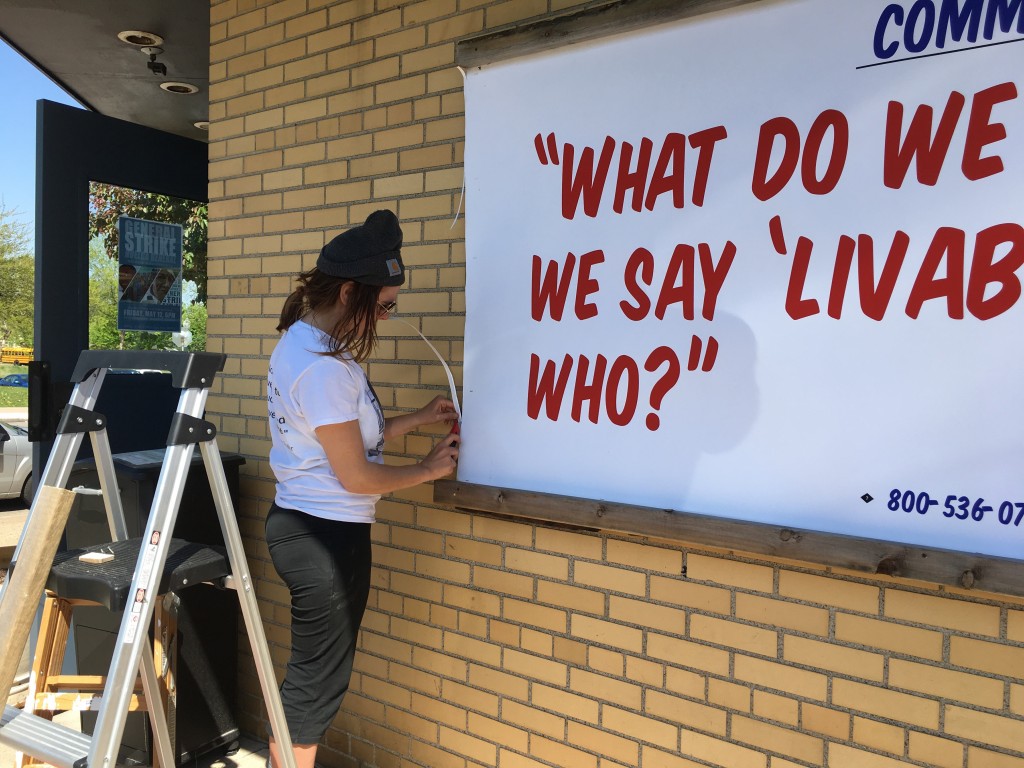
Rachel at work.
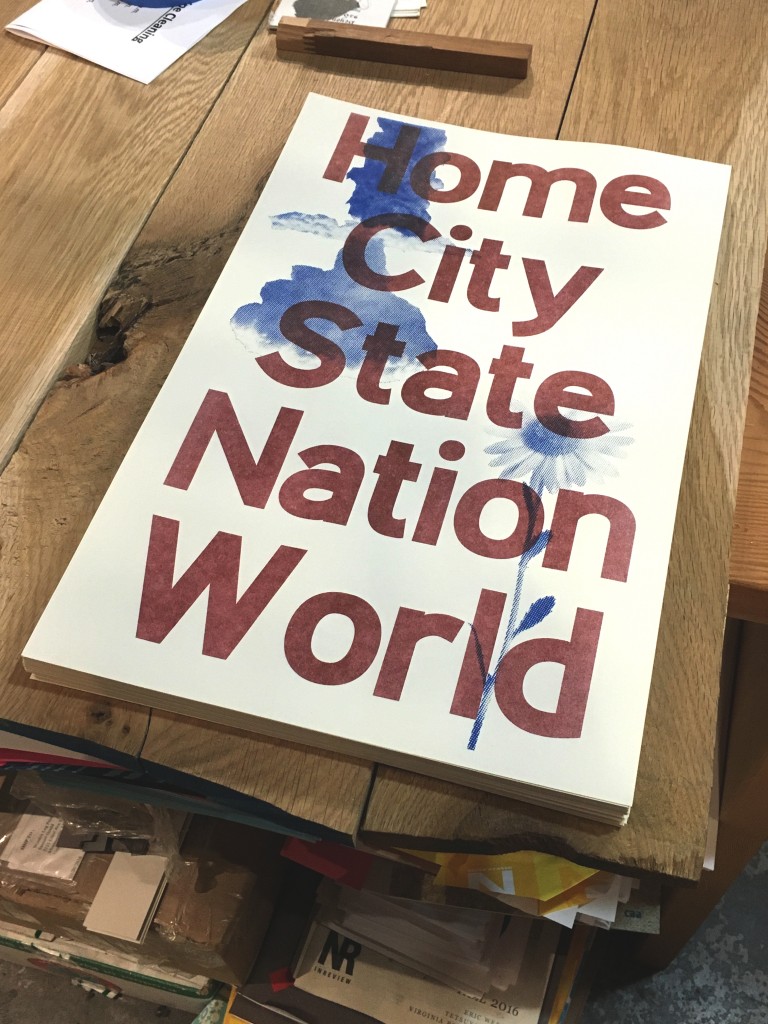
The shop was closed, for the most part, the last few days. It was the kids spring break and we went to visit my family, the day following our great Municipalism assembly on the MidTown Greenway with Alan Moore. I closed up the shop in high spirits, but I can’t deny that I’ve returned feeling a little low.
All throughout my childhood, like so many others my age on the tail-end of the Cold War, I felt like the bombs could drop at any moment. Annihilation was not a possibility, but a promise yet to be fulfilled. In an essay I wrote a few years back, I wrote:
“Somehow within our conversation Erika and I started to discuss ideas around uncertainty, fear, everyday terror, and simply the plain unease of the unfamiliar in mass, and this evoked for the both of us our states of feeling in relation to being a kid… It may seem odd to anyone growing up post-1989 but the underlying feeling of ‘maybe today’s the day’ seemed ever present.”
This “everyday terror” is, of course, a familiar trope, and atomic bombs are simply its most intersectional weapon. This terror isn’t unique to nuclear war. Nuclear war is simply its endgame. A well oiled system dispenses terror bespoke, tailoring our fears as a form of control for various publics based on race, gender, class, ethnicity… Nonetheless, the bomb is one-size-fits-all.

I want to find middle ground though. Facing not the reality, but the existential threat of nuclear war, how does one confront the problems and desires of home and neighborhood through a lens of hope and togetherness? How to avoid the nihilism of the “what if…?” I know there’s an answer, a compelling proposition to suggest that, if we all focus intently on where we’re at we’ll get through this to a better place. It’s not an easy road to travel. If anything, that’s a certainty.
As one method of working through these feelings I made this poster this afternoon. Feel free to stop in and take one.
